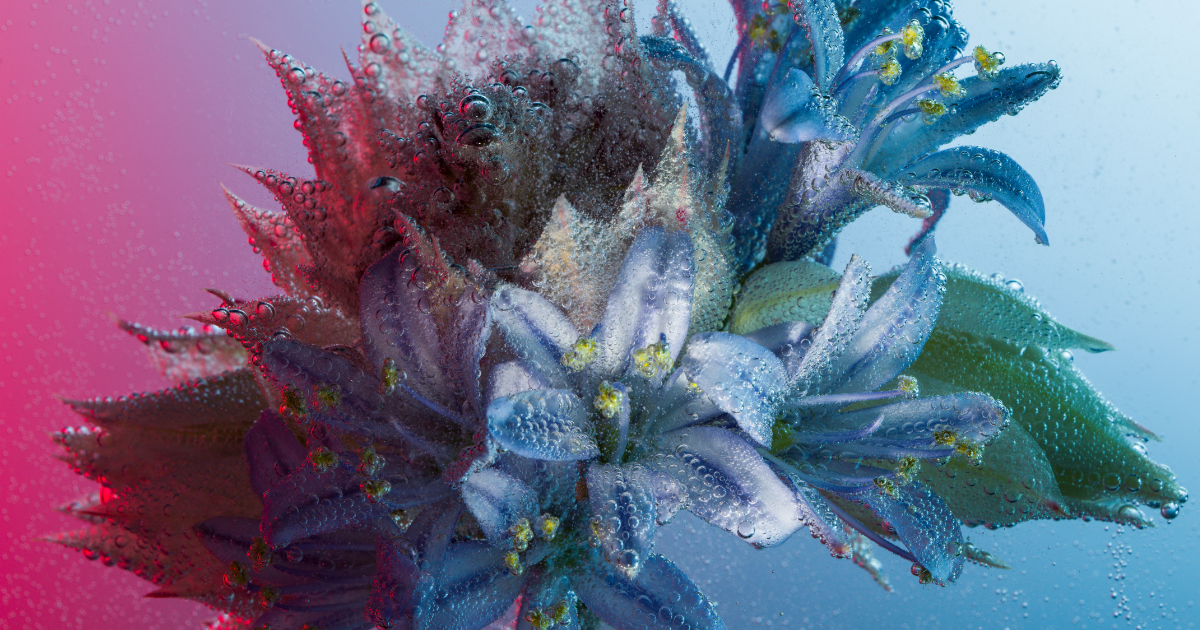As said above, you have a limited dynamic range that you can capture in a high dynamic scene like a sunset. So, you need to choose what is important to you and how you want the scene to look. With sunsets, I shoot manually and adjust accordingly. I also know that you cannot recover blown highlights, so be careful that you do not unintentionally blow them out. Sometimes it is okay to loose some highlights, but try to do so knowingly and not by accident. Having said that, preserving highlights may cause you to have deep shadows that might be noisy and possibly lose detail. So, unless you are going to shoot several images and try HDR, you are going to have to give up something on one end or the other. If you enjoy post processing, take some test images and see how much highlight recovery you have with your set-up. I personally would rather recover highlights than lighten up shadows, but it will depend from scene to scene, and others may prefer other techniques.
Regarding your above image, I do not find the shadows to be that big of an issue. It is a sunset scene and having silhouettes seems appropriate to me. But, everybody has their own vision of how they want an image to look. Just make sure that your vision is achievable with the technology at hand.
Good luck,
--Ken



